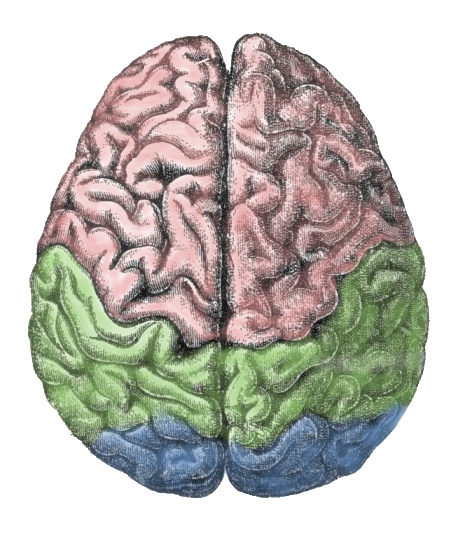As requested (many times), my year-by-year undergraduate GPA (OMSAS) :
Year 1: 3.64
Year 2: 3.75
Year 3: 3.86
Year 4: 3.86
cGPA: 3.78
wGPA (weighted for U of T): 3.88
Not the most impressive stats, as you can clearly see.
I first started applying during third year of undergrad, more for practice than expecting actual interviews given my stats at the time. I've applied every year since then, at one point applying to the US (which was a complete and utter fail- for good reason). Here's a year-to-year breakdown along with graphical illustrations of my reaction to rejections each year:
Cycle 1- 2010-2011
Applied: Queen's, Toronto, McMaster
Rejected: Queen's, Toronto, McMaster
 |
| Figure 1. Pre-intervew rejections. |
This was the year Queen's first started taking ECs into pre-interview scoring, hence the lack of an interview...
Cycle 2- 2011-2012
Applied: Queen's, Toronto, McMaster, Western, Ottawa, Manitoba, Calgary
Interview: Manitoba, Western
Rejected: Manitoba, Western
Interviews at Western & Manitoba- see How to really, really screw up important interviews: a ragecomic presentation.
Cycle 3- 2012-2013
Applied: Queen's, Toronto, McMaster, Western, Ottawa, Manitoba, 14 US schools
Interview: McMaster (off waitlist), Western
Rejected: McMaster, Western, all US schools
 |
| Figure 2. Overly-exaggerated graphical illustration of post-rejection celebrations. |
To be honest, this was probably among the most (but not the most) depressing, disappointing moments in my life. Especially considering the amount of help I was given by some awesome people around me... also didn't help that I was receiving pre-interview rejections year-round (starting from September? Or something like that) from the US schools I applied to. More on that later, but mostly due to bad reference letter(s), terribly written essay & secondaries, and lack of quantifiable research during applications.
Cycle 4- 2013-2014
Applied: Queen's, Toronto, McMaster, Western, McGill
Interview: Queen's, Toronto, Western (MD/PhD)Rejected: All MD/PhD programs, and 1 MD
Waitlist: 1 MD
Accepted: 1 MD (after initial waitlist)
Summary: This was the first year I could apply with actual research experience/accomplishments in hand, since I had only started my job around the time applications were due in the previous cycle (2012-2013). After 1-1.5 years of solid research slavery (see Enslaved by brains: a ragecomic representation), I had a reasonably decent CV for MD/PhD programs- and was lucky enough to get interviews.
The interview at the school I was accepted to was the last interview I did, whilst knowing I was rejected from all the MD/PhD programs and also highly likely rejected from the MD programs as well since the interviews occurred on the same days/weekends (and interview performance likely correlated among each other). I went into the interview saying to myself that this is the last med school interview I will ever do, and ended up as the most "real" interview I ever did- I was not nervous at all, and able to be "myself" during the entire interview. I left feeling confident, and continuously so until a week before May 13th.
--------------------------------------------------------------------------------------------
After 36 (that's a nice number) pre- and post-interview rejections, and 7 interviews over 4 application cycles, I finally have an acceptance in my hand. Even as I'm filling out paperwork, applying for my LOC, and doing all the med-like things I've always wanted to do (paperwork ftw), and as cliché as this sounds, I still can't believe I'm in. Imposter syndrome, even before starting med school...
...and I find myself wondering what I'm going to write about now in this blog of mine. Perhaps something about research? How to epic-fail at US med applications? Not really sure.
Matt




